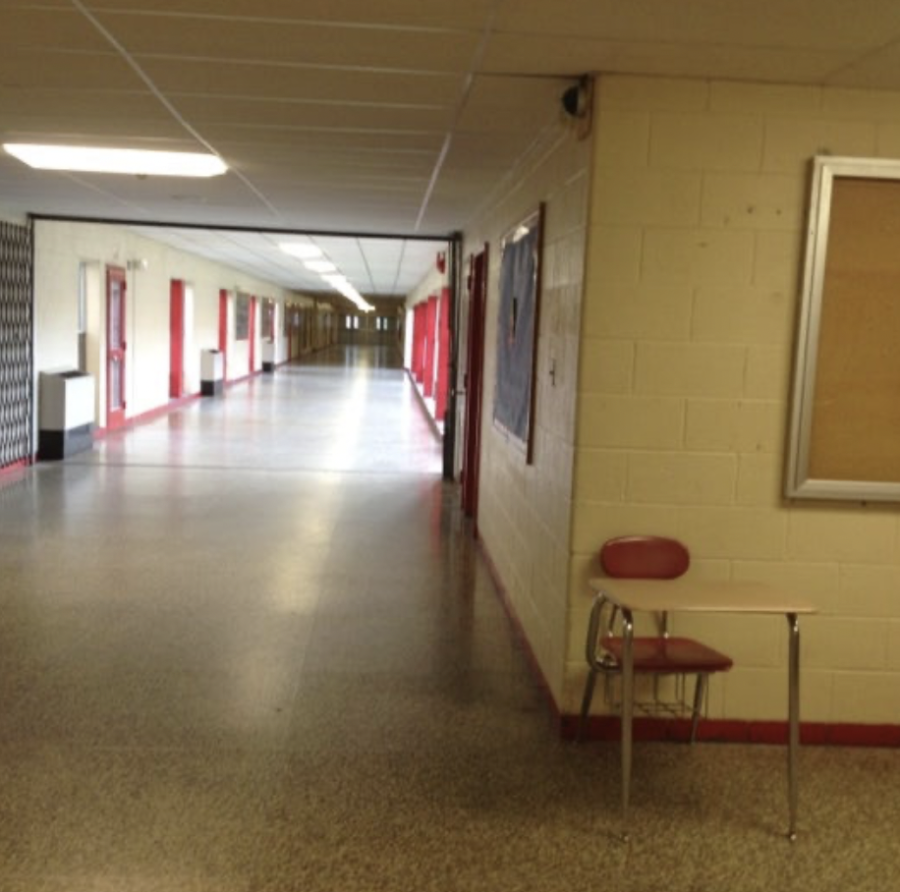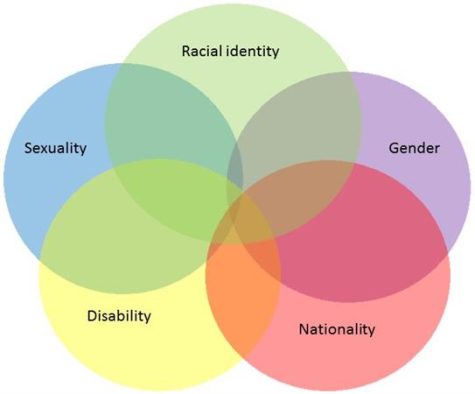Being a student at East is all about financial stability
East only accommodates those from privileged backgrounds, the school fails to make financial aid accessible to all.
Being a student at East is an economic proposition – a family needs to be highly financially stable for their child to be “involved.” Far removed from the idea of public school, where everything is supposed to be free, activities and additional enrichments are only reserved for the financially stable at East.
Public schools operated by school districts, free to attend, open to all students, and funded by federal, state, and local government should make extracurriculars accessible to everyone. The lack of awareness and accessibility to financial help at East is very low – in fact, nonexistent.
For example, to participate in Model UN, there is a delegation fee of $10 for every conference. While it seems a minuscule amount now, to truly succeed in Model UN, the participant should be consistent, so now that one fee could become $50 ($10 for every conference attended). Similarly, for clubs like Health Occupations Students of America (HOSA), the joining fee is $64; for Distributive Education Clubs of America (DECA), it is $20; for robotics, trips cost $30; for sports, there is an $80 joining fee. While these seem to be small amounts individually when combined, the monetary expenditure families pay for their child to be “involved” is substantial.
The lack of awareness surrounding financial aid is missing in East’s ethos, resulting in a hierarchical and divided student body. The activities office should improve access to financial assistance— the lack of awareness over seeking financial support perpetuates the idea that it is shameful to seek financial help. By excluding students that need financial support, students may feel like East is categorizing them as the “other.”
Not only does widespread inaccessibility to financial support exist at East, but clubs barely do anything to offer financial support. It is imperative for clubs to point students toward financial help touch points and for East administration to provide some form of financial aid for students.
In addition, course selection at East is a financial monopoly. Financially stable students spend extraordinary amounts of money on a third-party source (Founders Education) to obtain the appropriate credits for the school year. These students have more freedom to learn and study what they wish. While this is not a problem, it simply reinforces that financially stable students are more involved and whose needs are better met by East.
With colleges expecting more robust students, extracurriculars play an imperative role when enhancing a student’s application; it is essential that East must make every opportunity accessible to everyone. Students should have the liberty to choose, participate and mull over interests without having to shoulder the burden of the financial cost. After all, high school is a time of exploration, and learning institutions should only help foster that passion, not inhibit it.

Meet Rachna, Online Features Editor for Eastside. When she's not polishing articles, she's gracefully dancing the rhythms of Bharatanatyam, savoring the...











